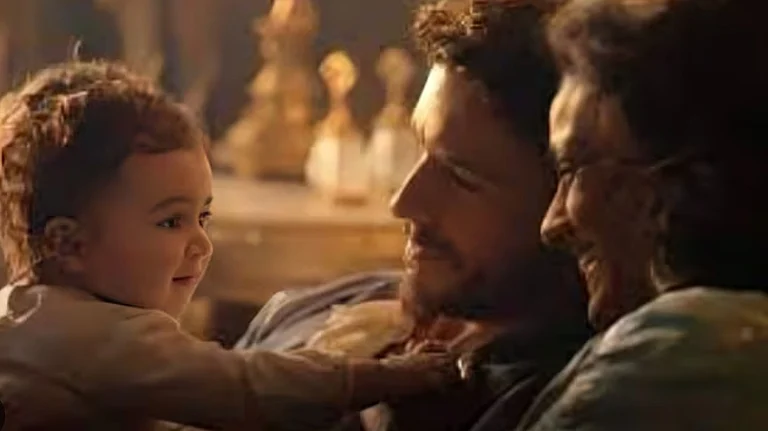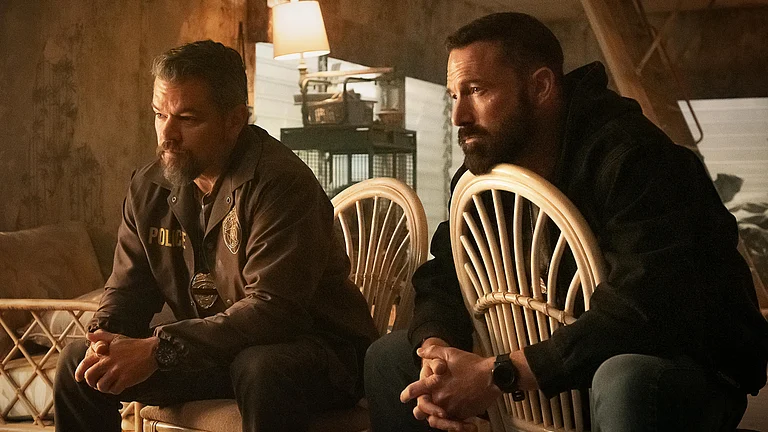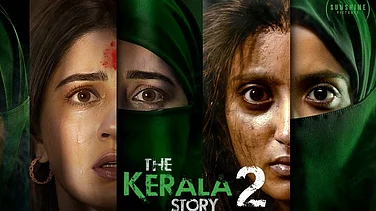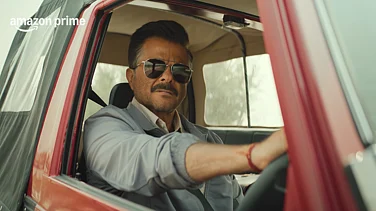Thanks to OTT platforms there has been a surge in true-crime documentaries. But the problem arises when conspiracy theories are passed around as true crime. But when you look at certain cases, many stories emerge from chatter that has been dismissed as a conspiracy theory. This is exactly what sets the premise of ‘American Conspiracy: The Octopus Murders.’ The true-crime docu-series revolves around the suspicious death of an investigative reporter. His death has been written off as suicide, but his near and dear ones believe that there is more than what meets the eye. In case you are planning to give this docu-series a binge-watch over the weekend, here’s all that you need to know about it.
‘American Conspiracy: The Octopus Murders’: Story
This four-part docu-series tells the story of Danny Casolaro. Danny was the editor of a computer magazine in the 1980s. During his job, he came across INSLAW which created a software (PROMIS) that was supposed to be used by the American Department of Justice (DOJ). The software helped the court store all of their information online which till then was stored in chunky and dusty files across offices. The software helped the DOJ search and cross-reference through files. However, the DOJ abruptly stopped paying for the software alleging financial issues.
This pushed INSLAW to bankruptcy. But the founder of the company, Bill Hamilton, had his presumptions. He believed that the government was unethically appropriating the code. He sought the help of Danny Casolaro. With Hamilton as his source, Casolaro started getting deeper and deeper into the case. He had almost unraveled the mystery behind the story and was about to come out with an expose.
But Casolaro was suddenly found dead in a bathtub. The journalist had talked to his brother about the potential dangers that were breathing down his neck when he was investigating the case in West Virginia. And his brother believed foul play had a role in the death. The local authorities ruled the death as a suicide because he had slashed his wrists multiple times, but a paramedic refused to buy that because the cuts were deeper than what anyone could have inflicted on themselves.
‘American Conspiracy: The Octopus Murders’: Performances
The docu-series draws entirely from archival footage, reenactments, and interviews with the subjects that include people who had talked to Danny Casolaro, family members, paramedics, and some reenactments here and there. There are times when the documentary also talks to crew members and asks them about what they feel. The reenactments are not shaky. They are true to the narrative, and they help get the point across. The reenacted scenes do not rely much on facial expressions and that works well for the story. It helps the audience focus on the story and the body language. This sets the tone and imparts a sense of urgency and secrecy.
‘American Conspiracy: The Octopus Murders’: Script, Direction & Technical Aspects
What sets ‘American Conspiracy: The Octopus Murders’ apart from other true-crime documentaries is its reliance on archival footage and interview-style bytes. The lack of dramatization and reenactments assert how important the investigation by Casolaro was. The way the docu-series has weaved moments from history in its narrative is absolutely commendable.
Apart from the way the docu-series has been treated, what also works in the favour of this show is the camera work. The cinematography was on point. With the use of interview-style bytes, the docu-series keeps the pace and the tone intact without losing its essence. The story jumps between years but this use of cinematography makes sure that you do not miss a beat. It keeps the story gritty through and through.
But that’s where the good parts end. With a four-part series, the documentary unravels a lot. It goes into the history of every character. While it's nice but you end up losing the plot because there are a lot of characters to put up with. The moment you start learning about one character, the series brings two or more characters on screen, and you struggle to keep pace with the series. There is so much going on in every episode that you cannot put a finger on one thing throughout the episode.
The docu-series tries to nail a lot of big fishes in the sea – the CIA and the NSA namely. But the way it goes through it feels like you are reading conspiracy theories on Reddit. Even you lose track of what is true and what is false because of the constant jumps and the constant barrage of information that is hurled at you.
‘American Conspiracy: The Octopus Murders’: Cast & Crew
Director: Zachary Treitz
Available On: Netflix
Duration: 4 episodes (48-67 minutes each approximately)
Language: English
‘American Conspiracy: The Octopus Murders’: Can Kids Watch It?
Yes, with parental guidance.
Outlook’s Verdict
‘American Conspiracy: The Octopus Murders’ is a neat docu-series that takes you into the life of Danny Casolaro and the story that he was about to break. But the series has numerous flaws which make you lose track of what you are watching. When the series introduced Michael Riconosciuto, it made you question the story's veracity. It makes you believe that there is more than what meets the eye but you cannot help but be skeptical. Understandably, the documentary unravels an important story but the four episodes do not do justice to it because there’s just a lot to process. It was only in the last episode that I could finally keep up with the show. I watched the three episodes without understanding a single thing because a lot was going on in a single episode. The issue is important, but the docu-series sheds little light. I am going with 1.5 stars.























